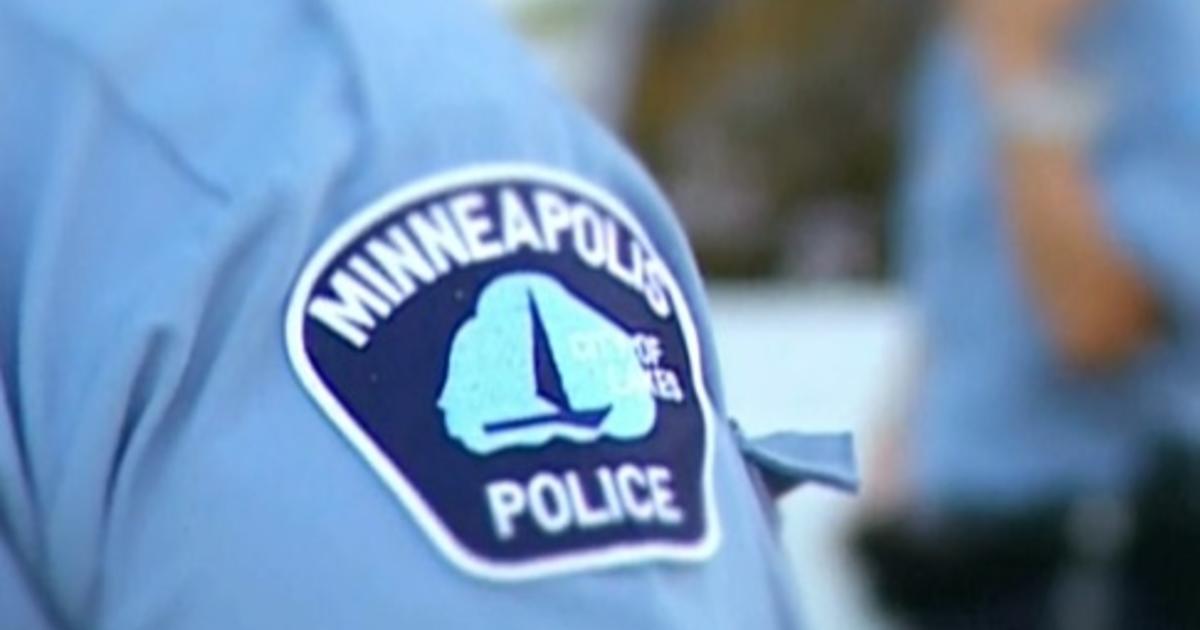A Minneapolis commission is expected to take up a proposed city charter amendment Wednesday that would dismantle the city’s police department in the wake of George Floyd’s death and replace it with a new public safety department. If it advances to the November ballot, voters would get the final say.
A majority of the City Council backs the idea, with supporters saying it would do away with a troubled department that has resisted change, and replace it with a more “holistic” and public health-oriented approach to public safety. But critics say the council’s proposed charter amendment would result in less police accountability by shifting oversight of public safety from the mayor to the City Council, which they argue has failed to rein in the department in the past.
The 15-member volunteer charter commission could approve the proposal, reject it, propose a substitute or ask for more time to review it. Rejection wouldn’t be fatal, because the City Council isn’t bound by the commission’s decision. But a delay would doom the initiative by making it impossible to get the idea onto November’s ballot.
The City Council’s proposal would eliminate the police department from the city charter, and replace it with a “Department of Community Safety and Violence Prevention.” The new department would prioritize public health, with a director who has “non-law enforcement experience in community safety services.” It would still allow for armed police officers, but they would answer to the new director.
Some members of the commission and police reform advocates have also worried that the process — which has included two public hearings and online comments — is moving too quickly. The process has also unfolded during a violent summer in Minneapolis after Floyd’s death, with shootings dramatically higher than last year, and many residents have worried about a proposal to “abolish” police officers.
According to draft language of the amendment posted online, the new department proposed by the City Council “will have responsibility for public safety services prioritizing a holistic, public health-oriented approach.” The director of the new agency would have “non-law-enforcement experience in community safety services, including but not limited to public health and/or restorative justice approaches.”
Leaked bodycam footage shows George Floyd arr…
02:08
The police reform group Communities United Against Police Brutality says the amendment as written “gives the appearance of creating a kinder, gentler version of public safety but really it just shifts power and accountability.” The group says the Department of Community Safety and Violence Prevention would answer to a City Council committee and the full 13-member council for any action items. But the group says the council has failed to act in the past on key accountability reforms in the past — such as changes to the Office of Police Accountability Review, which investigates allegations of police misconduct — despite years of advocacy from the community.
Dave Bicking, a Communities United Against Police Brutality board member, said the move to disband the police department amounts to “big talk” with no real plan for reform on the part of the council. Community police reform advocate Nekima Levy Armstrong agreed, and said the plan is a “bait and switch” now that the national spotlight is on Minneapolis.
“It’s a distraction versus actually having some concrete engagement to figure out, what does the community want to see with regards to the future of public safety?” Armstrong said.
Some City Council members have promised a robust process to get public input on how a new department would look and work. Council member Steve Fletcher, one of the authors of the proposal, said that even if the commission decides it needs more time, the city will continue moving ahead with the community engagement process to “build a collective vision of what we really want the future of public safety to look like.”
He said having the issue on the ballot in November would give city leaders flexibility to implement options that come out of the engagement process. If the issue is not on this November’s ballot, he said, leaders might have to wait until November 2021 to vote on structural changes.
While he conceded voters could reject the idea, which would hamper flexibility as well, he said having it on the 2020 ballot after a few months of public input would give the city a nice “check in” on how people are feeling.
L to R: Former Minneapolis police officers Tou Thao, Derek Chauvin, J Alexander Kueng and Thomas Lane are seen in arrest photos.
Hennepin County Jail
Minneapolis Mayor Jacob Frey told The Associated Press on Tuesday that he remains opposed to eliminating the department.
“We should not go down the route of simply abolishing the Police Department,” Frey said. “What we need to see within this department, and within many departments throughout the country, is a full-on culture shift.”
The police federation has called the proposed charter amendment “irresponsible,” saying the council’s proposal doesn’t make clear what would replace the police department.
Floyd, a Black man who was handcuffed, died May 25 after Derek Chauvin, who is white, pressed his knee against Floyd’s neck for nearly eight minutes, as Floyd said he couldn’t breathe. Chauvin was charged with second-degree murder and other counts, and three other officers at the scene were charged with aiding and abetting. All four officers were fired, and Floyd’s death sparked protests in Minneapolis and around the world.
The mayor and Chief Medaria Arradondo have agreed to implement some immediate reforms at the department ahead of a state civil rights investigation, including banning the use of chokeholds and neck restraints and strengthening the department’s “duty to intervene” policy that requires officers to step in if they see colleagues engaging in unauthorized use of force.
Arradondo also pulled the department out of negotiations for a union contract, saying he wanted a review designed to change the grievance and arbitration process, which he said makes it hard to get rid of problem officers.
